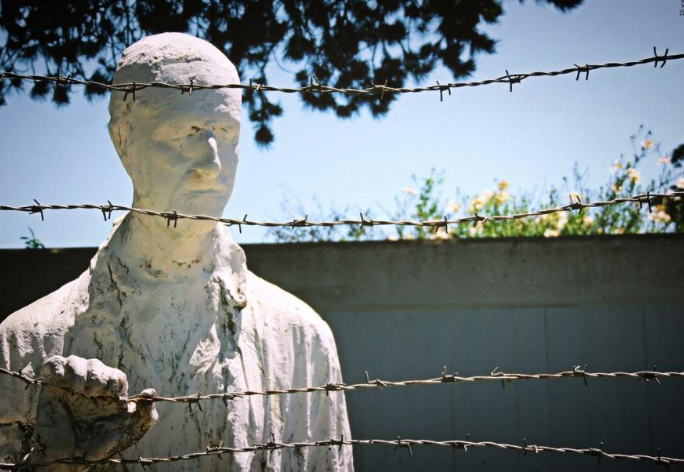History rewritten: for better or worse?
February 28, 2023
When looking at history from a micro lens, the truth can be difficult to distinguish. This is because with every new year, history books are rewritten, and new editions crafted. Miniscule details are discovered, some completely changing an instance in history as we once knew it. In other times, writers record history from a lens that is in favor of their personal feelings or to aid the integrity of their country. It is not always easy to be truthful in writing the gruesome realities that come with war and tragedy.
This distortion of history can have horrific repercussions on society, as over time, people are left to believe what they read in books, as there are no longer any survivors alive to tell the tale. For example, what is referred to as “Holocaust denial.” Holocaust denial is an occurrence when individuals deny the truth of the Holocaust or that it happened at all. They claim that the event was simply Allied propaganda that was crafted to ruin German reputation and villainize the people. This anti-sematic viewpoint essentially works to dull down the severities of the event or to wash away the stain that Nazism left on Germany. Although there are not many that believe in this obvious and embarrassing conspiracy, soon enough, time will pass to where survivors of this event are no longer living. It will become easier to pass along fabricated stories to the younger generation.
Situations such as this one bring to light the true power that historians hold when communicating and documenting facts. It can be painfully easy for these people to withhold certain details or write in a manipulative manner that skews the opinion of the public. This has also proven to be true in the way that the history of slavery in the United States is communicated by modern historians and sociologists.
In the “SpringerLink” article “The denial of slavery in contemporary American sociology,” author Orlando Patterson dives further into the ways that slavery is not properly communicated in this country.
“In this paper I explain this scholarly neglect as stemming from three factors,” Patterson said. “First, disciplinary parochialism has blinded US sociologists to the complex interweaving of enslavement with the systems of oppression that sociology has decided to care about. Second, presentism, an historical ‘account’ of the past that culminates in a preference for present-day events and institutions, has relegated slavery to history. Finally, theoretical frameworks that revise enslavement as ‘ennobling’ erase the long-term effects of psychological and physical violence on the descendants of enslaved peoples.”
There are certain aspects of history sociology that diminish the true horrors that were taking place when slavery was an active practice in the United States. People try to dissect the past and make excuses for inexcusable actions.
History and how it is described is largely based on the perception of the ones writing about it. If a historian goes on record to say that a certain event in history happened a certain way, there are going to be members of the public that take their word for it. Unfortunately, this is not an issue that can really be reprimanded. It will continue to be in the position of historians and educators to keep their integrity intact when conveying the important information of the past to the people.







